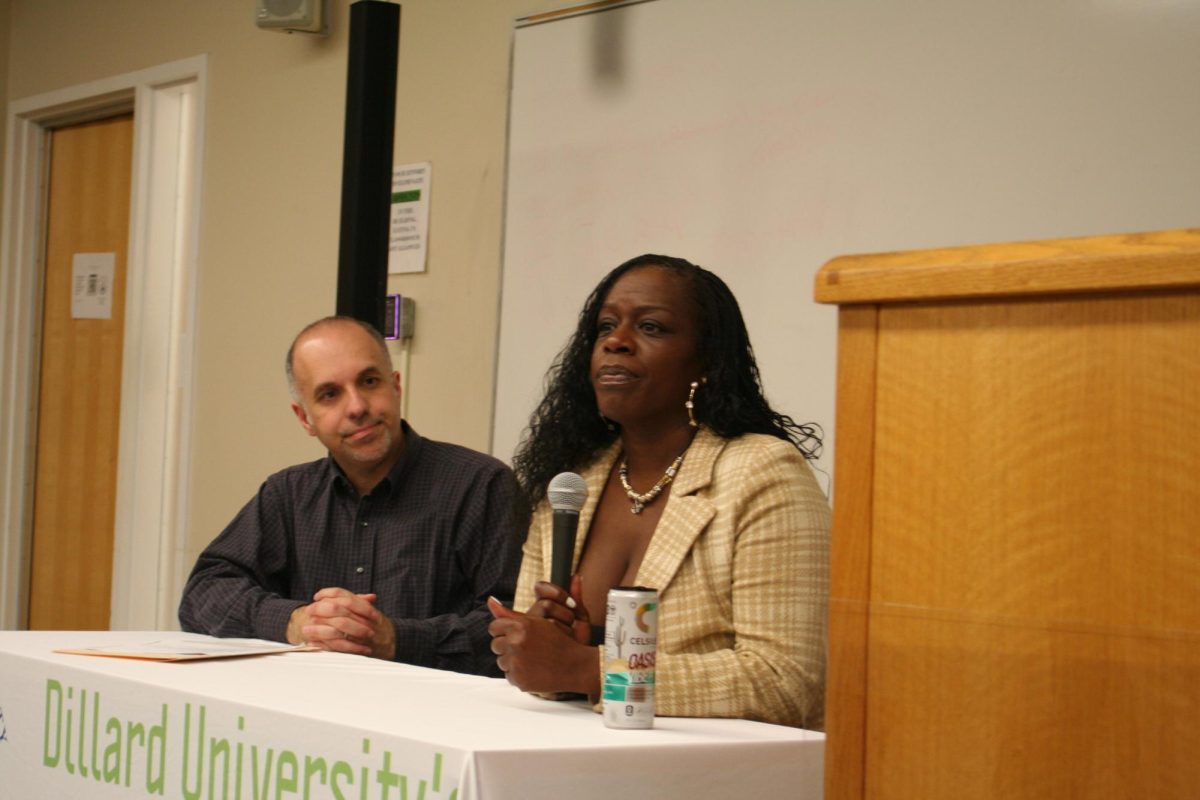DU President Walter M. Kimbrough recently offered an article on Twitter discussing how employers are check candidates’ social media before hiring and announced he would begin checking social media before writing letters of recommendation for students.
That prompted Dr. Roland Bullard, vice president for Student Success, to add, “I can tell you that going forward that all #myDU student leader positions will get screened when determining clearance. Student leaders are our ambassadors…”
This turn of events leads to the question: Are student leaders picked by the students or by the administration?
Students want to know the specific criteria: What content on social media would disqualify them? And will this be discussed by SGA executive board to determine if this something that is truly needed?
Social media is not a new tool; however, many administrators from different universities and institutions have begun to join social media such as Twitter to get a sense of how students feel on topics that affect their schools. Initially, this concept had the potential to work in the university’s favor; officials could find out what students were saying and present a solution or compromise for any given situation.
Now, it seems, social media has become a tool to silence a student’s truth. Administrators see student’s posts and promptly send an email discussing how students do not need to take their problems to social media because nothing will be done if all you’re doing is posting. Yet when students go to administrators, they feel dismissed. They’re told to set up an appointment that never occurs.
Social media is a place where students should have the ability to voice their opinions without the fear of not being able to sit on a certain executive board. Many students and alumni took to Twitter to let administrators know how they felt about this new policy.
Recent Dillard graduate and former SGA President Tevon Blair said: “Students have been using [social media] for years before [the administration] decided to join the wave and micromanage how people communicate.
“This could potentially be used as a mechanism to disqualify students who don’t agree with how a university operates. I do understand the importance of preparing students for the real world; I am in full support of that concept. However, for this comment, the idea of using someone’s social media presence as a tool to determine if they are eligible to run for office is very problematic.”
Shreveport junior Tiara Hamilton wrote: “…[S]tudent leaders serve as a liaison between the students and administrators…Twitter (especially at DU) is an outlet where students can relate to students, and I don’t think this space should be violated.”
I agree with Hamilton that student leaders are meant to be the liaisons students select as their representatives or proxies. Students vote for whom they believe will do the best job representing them. The administration should not make that decision for students.

























